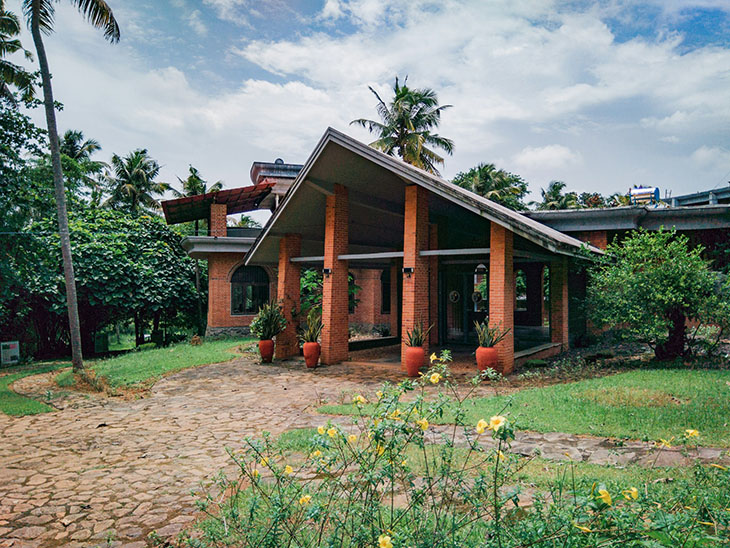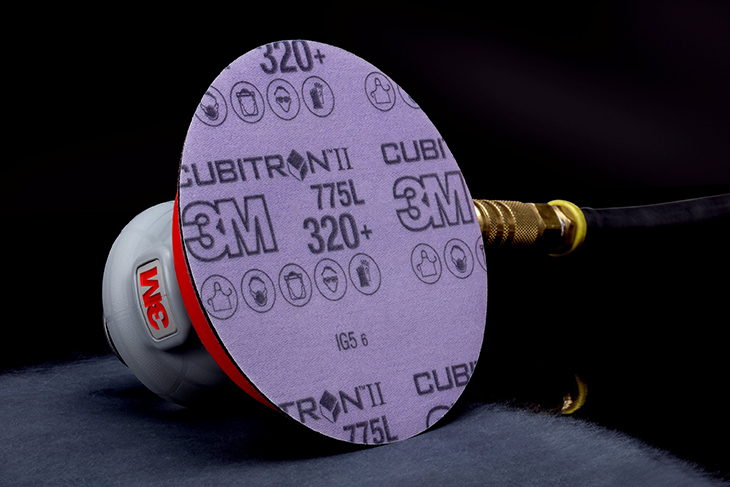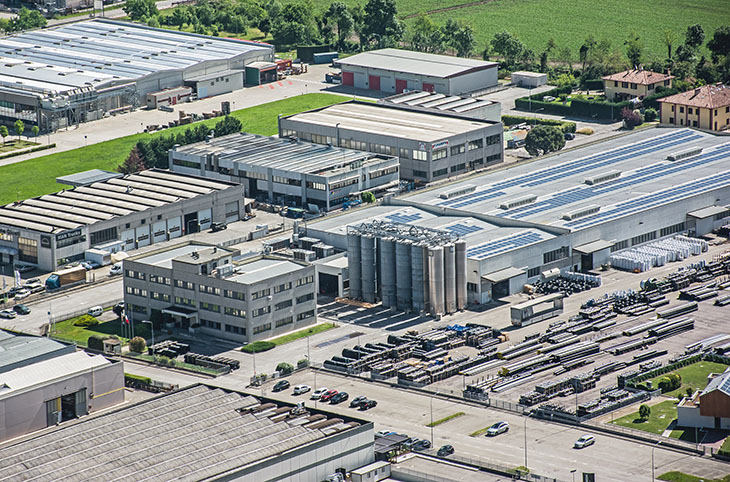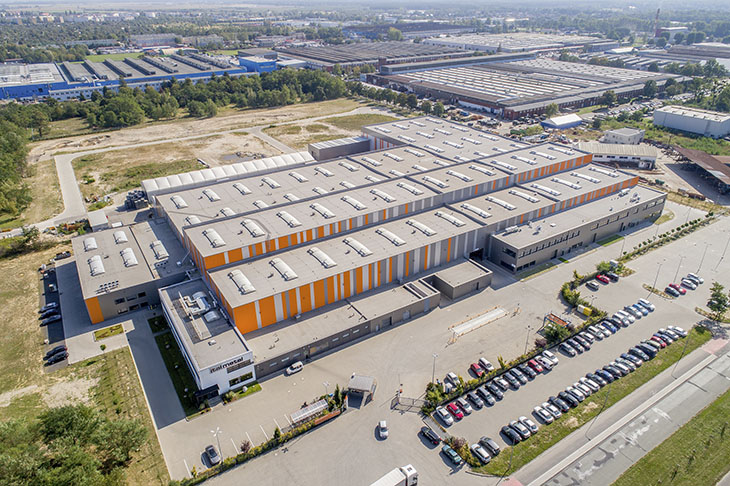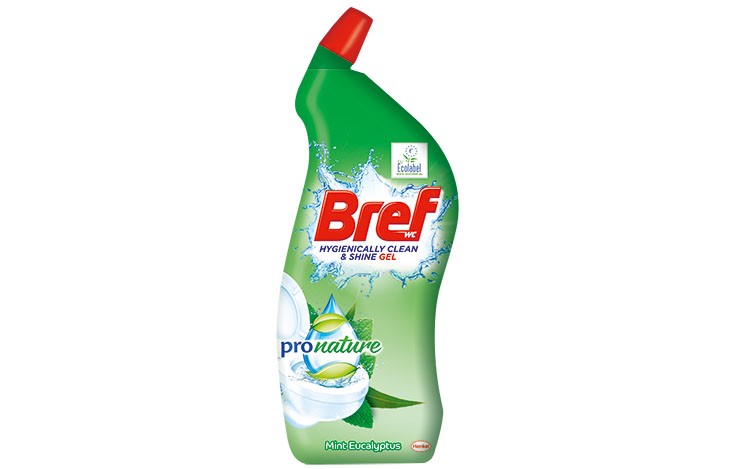Bayer MaterialScience is increasing its production capacities in the Asia/Pacific region to meet the continued growth in demand there for raw materials for coatings and adhesives. Ground was broken at the site in Shanghai, China, on Monday for a new plant for the production of the precursor hexamethylene diisocyanate (HDI). With an annual capacity of 50,000 metric tons, it will be the one of the largest facilities of its kind in the world, and production there will be efficient and ecological with a maximum of safety. Completion is scheduled for 2016. Bayer already has one HDI plant in Shanghai, which was expanded in 2013 from its original annual capacity of 30,000 metric tons.
There is considerable demand in the region and China, in particular, for coatings and adhesives, which are used in the automotive industry, the construction sector and the textile and shoe industries, among others. This growth is being driven to a large extent by the growing middle class, which has an increasing appetite for high-quality end products.
Positive market development
"The construction of our new HDI plant documents our confidence in the Asia/Pacific market and China, in particular," said Daniel Meyer, who heads the Coatings, Adhesives, Specialties (CAS) Business Unit at Bayer MaterialScience. "We are determined to continue to grow here in harmony with the rising demand in the region for innovative solutions for polyurethane-based coatings and adhesives." Thanks to raw materials such as HDI, many everyday products last longer, have better properties and a more attractive appearance.
The expansion of its production capacity at the integrated site in Shanghai ensures that Bayer MaterialScience will be able to supply the regional and global market with HDI reliably and flexibly. The project also reinforces and further expands the company’s outstanding production technology capabilities. The new plant will utilize gas-phase technology, which requires substantially less energy and solvent than conventional processes.
Leveraging synergies
"The HDI plant represents a major advancement in polyurethane production," said Dr. Tony Van Osselaer, Head of Industrial Operations at Bayer MaterialScience. "Shanghai is one of our largest production sites, and we are represented there by all of our business units. Building the plant at this site allows us to make full use of the synergies offered by our global production network." Van Osselaer said that this would enable Bayer to introduce a new manufacturing process that has a low environmental impact while at the same time satisfies stringent safety requirements.
About Bayer MaterialScience:
With 2013 sales of EUR 11.2 billion, Bayer MaterialScience is among the world’s largest polymer companies. Business activities are focused on the manufacture of high-tech polymer materials and the development of innovative solutions for products used in many areas of daily life. The main segments served are the automotive, electrical and electronics, construction and the sports and leisure industries. At the end of 2013, Bayer MaterialScience had 30 production sites and employed approximately 14,300 people around the globe. Bayer MaterialScience is a Bayer Group company.
Press release
- Selecting the Right Abrasive: How to Optimize Sanding for Di...
- Is Your Home Bleeding Heat? 5 Ways to Lower Heating Costs Th...
- Carbon Clean signs agreement with Julius Montz, a Koch Engin...
- 5 Factors to Consider When Choosing a Roofing Material for Y...
- How Technology, Social Media And Influencers Are Attracting ...
- Depo Car Lightning...
- 3M celebrates 10 years of excellence with the 3M Xtract Cubi...
Most Read
Week
Month
All











